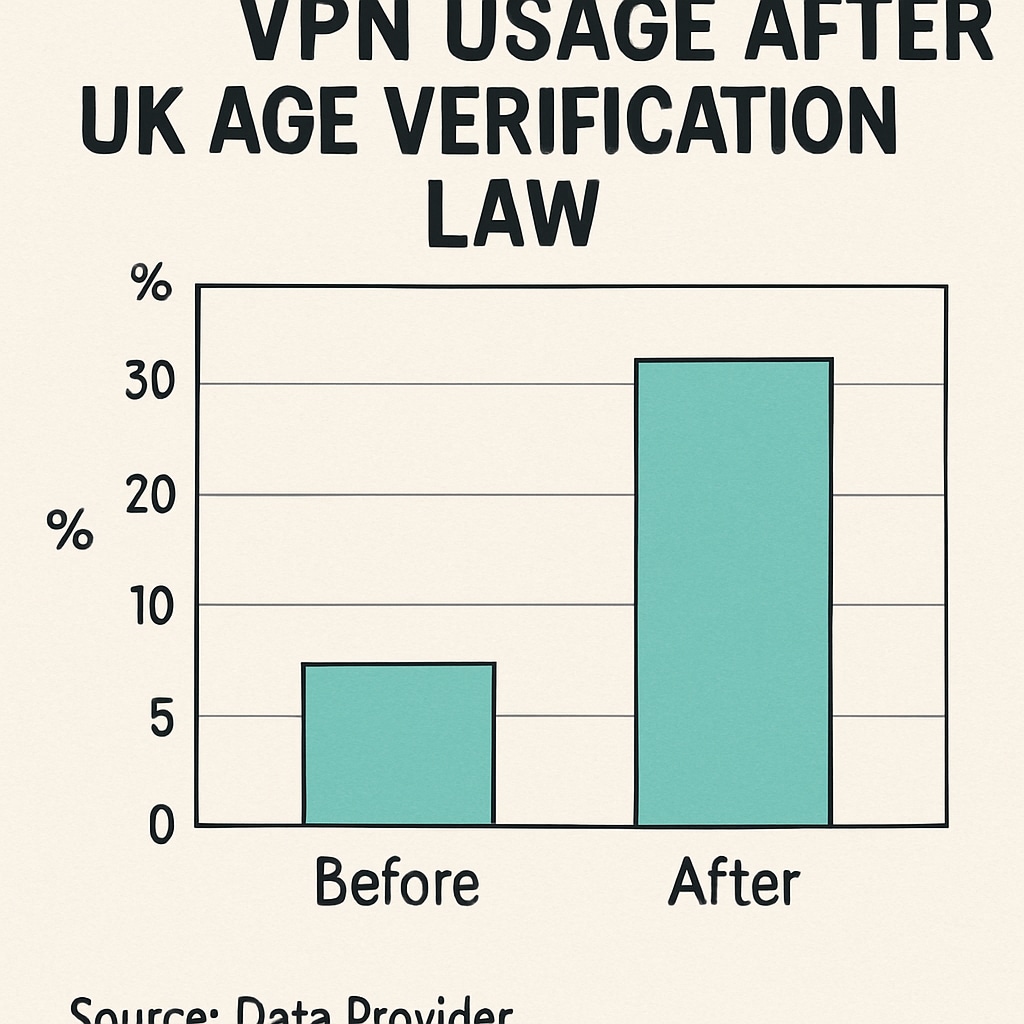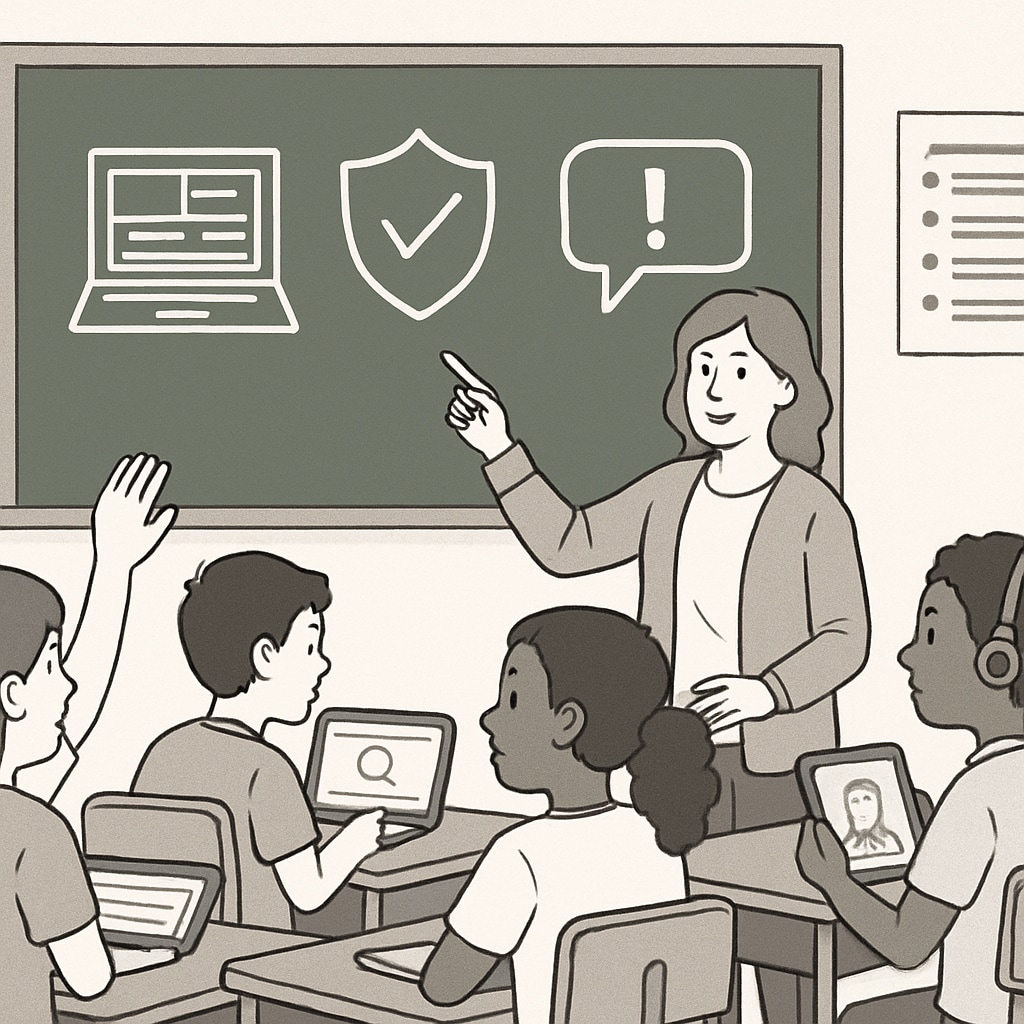The implementation of the age verification law in the UK has sparked significant changes in internet behavior, particularly the rise in VPN (Virtual Private Network) usage. This phenomenon has exposed critical gaps in the education system, urging schools to rethink the way digital literacy and online safety are taught to K12 students. While the law aims to protect minors from harmful online content, the unintended consequence of increased VPN adoption raises concerns about how young people navigate digital spaces responsibly.
Why VPN Usage Surged After the UK Age Verification Law
The age verification law requires websites containing adult content to confirm users’ ages before granting access. While its intention is commendable—protecting minors from explicit material—many users, including teenagers, have turned to VPNs as a workaround. VPNs can bypass geographical restrictions and conceal browsing activity, allowing users to evade detection and verification processes. This highlights a critical challenge: the very tools meant to ensure safety are inadvertently encouraging unsafe practices.

The Impact on Digital Literacy Education
The surge in VPN usage underscores a pressing need for digital literacy education in schools. Digital literacy entails teaching students to use technology responsibly, understand online risks, and critically evaluate the content they encounter. Without proper guidance, young users may rely on tools like VPNs to bypass restrictions without understanding the potential risks, such as exposing their data to insecure networks or inadvertently accessing harmful content.
To address these challenges, schools and educators could focus on:
- Incorporating lessons on ethical internet use and the importance of complying with safeguards like the age verification law.
- Educating students about the risks associated with VPN usage, including privacy concerns and exposure to cyber threats.
- Providing alternatives, such as safe search platforms and educational tools, to empower students to explore the web responsibly.

Balancing Protection and Empowerment
While the age verification law seeks to shield minors, it also highlights the importance of cultivating responsible digital citizens. Striking a balance between protection and empowerment requires a holistic approach. For example, educators, parents, and policymakers could collaborate to:
- Develop age-appropriate digital safety curricula tailored to different grade levels.
- Enhance parental awareness programs to equip families with tools to monitor and guide their children’s online behavior.
- Advocate for tech companies to design user-friendly and transparent safety mechanisms.
As a result, young individuals will not only learn how to navigate the digital world safely but also appreciate the value of ethical behavior online, fostering a culture of accountability.
Future Implications for K12 Education
The UK’s age verification law serves as a wake-up call for the global education community. It demonstrates the need to move beyond merely blocking harmful content and instead focus on equipping students with the skills to make informed decisions in digital environments. As similar regulations emerge worldwide, schools must prioritize digital literacy as a core component of their curricula.
Ultimately, the goal is to empower students to use technology responsibly, understand the importance of age restrictions, and recognize the risks of bypassing them. This approach ensures that minors are not just shielded from harm but also prepared to thrive in increasingly connected and complex digital landscapes.
Readability guidance: Short paragraphs and lists are used to ensure clarity. The article maintains an active voice, employs transition words for smooth flow, and minimizes long sentences for better readability.


